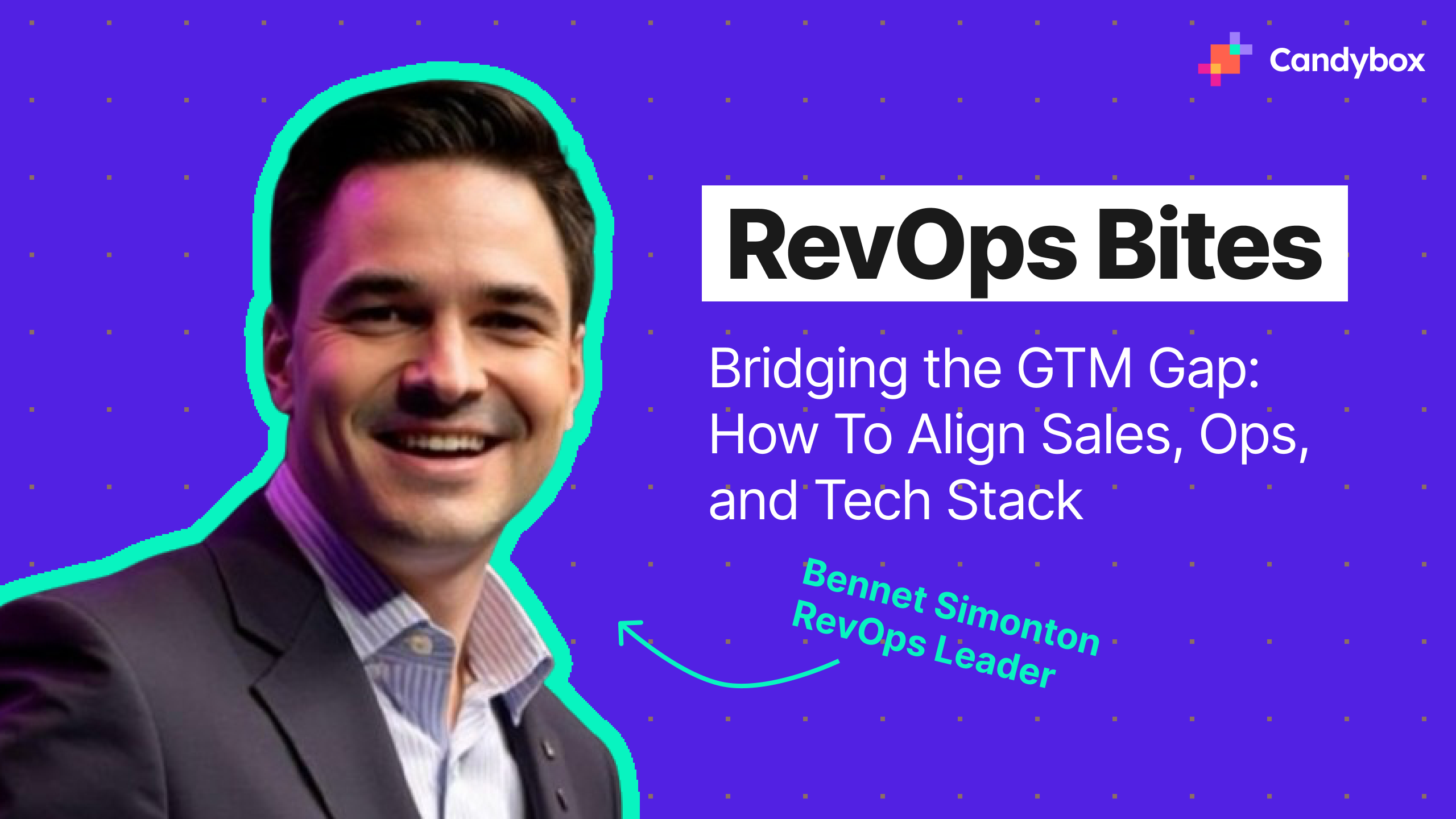Not every Salesforce career starts in tech. For Dee Hamori, Salesforce Architect at Corel, the journey began in pharmacy school. When COVID hit, she decided it was the right time to pivot. She taught herself Salesforce, landing her first junior admin role, and eventually growing into consulting and architect positions, all while building her career remotely.
In this episode of RevOps Bites, Kathryn sat down with Dee to talk about her path from admin to architect, the trade-offs between in-house and consulting roles, and how to build a personal brand that accelerates your career in the Salesforce ecosystem.
Making the Leap Into Salesforce
Dee’s entry point was anything but traditional. With a background in healthcare, she realized pharmacy wasn’t for her and started looking for career paths that didn’t require going back to school. Salesforce stood out:
- A robust training platform (Trailhead).
- Clear success stories from people outside tech.
- The ability to self-teach and land a role quickly.

Within months, she went from volunteering at a nonprofit to securing her first Salesforce admin role. Four years later, she’s an architect for a global B2B SaaS companyworking remotely.
Consulting vs. In-House: What’s the Difference?
Dee has worked both sides of the table. Consulting and internal Salesforce teams, and the differences are stark:
- Consulting: Exposure to many orgs, industries, and processes. Projects often focus on new implementations, with less politics involved.
- In-house: You own the systems long-term, optimize existing processes, and advocate for budget and resources. It’s deeper in the weeds but also offers broader ownership of the day-to-day.
Her advice for those early in their careers:
- In-house at smaller companies can mean wearing multiple hats and learning skills outside your job description.
- Consulting exposes you to a wide variety of approaches and gives you more peer mentorship opportunities.
Key Turning Points
Two moments shaped Dee’s career trajectory:
- Joining Candybox – “I realized I was really good at the technical side, and I leaned into every challenge that came my way.”
- Feedback from leadership – A manager encouraged her to build her soft skills and brand, leading to blogging, conference speaking, and LinkedIn visibility.
Those experiences gave her both technical depth and a stronger presence as a professional in the Salesforce ecosystem.
Building a Brand While Working Remote
Dee’s presence on LinkedIn and her blog began as a personal documentation habit:
“Sometimes I don’t remember how I solved a problem. Writing it down meant I could come back to it later, and it just so happened to help other people too.”
That simple start grew into:
- Clearer communication skills (explaining technical concepts to both admins and business users).
- Speaking opportunities at Salesforce conferences.
- Connections with peers around the world—important for someone building a fully remote career.
Skills That Stand Out
Every Salesforce professional develops a unique “superpower.” For Dee, it’s her ability to learn quickly and independently solve problems.
Other standout skills she recommends building:
- Basic coding knowledge – Unlocks advanced but accessible tools like VS Code, flow visualizers, and metadata explorers.
- Feedback-seeking – Asking early and often accelerates growth.
- Curiosity – Essential for creative problem-solving in a platform where there’s rarely just one “right” answer.
Advice for Early-Career Salesforce Pros
For those looking to build a Salesforce career, Dee’s guidance is clear:
- Start with the Salesforce Admin certification. It’s foundational no matter your role.
- Lean into your strengths. Whether that’s technical skills, communication, or business analysis, define your “superpower.”
- Seek feedback early. Don’t wait for it—proactively ask for it.
- Experiment with tools. Don’t shy away from VS Code, Salto, or other advanced platforms—they’ll make you more effective.
Final Thoughts
From pharmacist to Salesforce architect, Dee’s story is proof that non-traditional backgrounds can lead to thriving careers in tech—and that remote work has only expanded those opportunities.
Her journey shows that with curiosity, continuous learning, and a willingness to build your brand, it’s possible to go from admin to architect in just a few years.
👉 Watch or listen to the full episode of RevOps Bites with Dee Hamori











.png)


